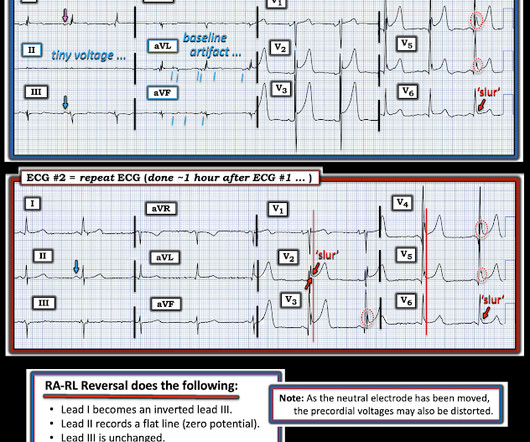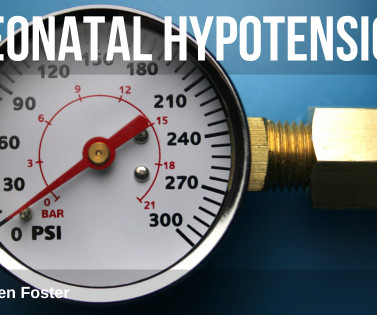The Latest in Critical Care, 1/22/24 (Issue #26)
PulmCCM
JANUARY 22, 2024
Background Therapeutic hypothermia, later rebranded as targeted temperature management, became a standard post-cardiac arrest therapy for comatose patients after two 2002 NEJM trials ( n=273 and n=77 ) suggested reducing core temperature to 32°C to 34°C markedly improved neurologic outcomes and survival. Read on for details.





















Let's personalize your content